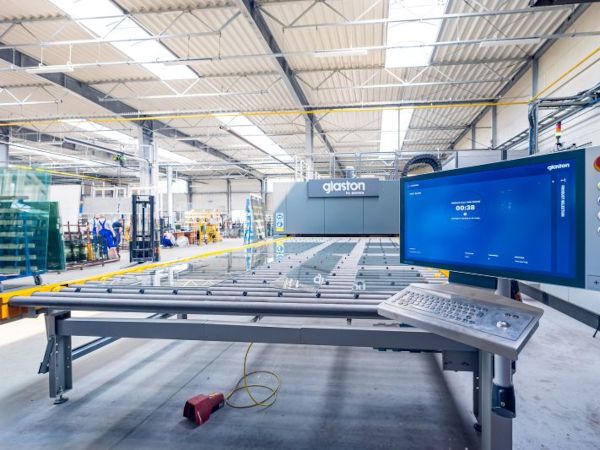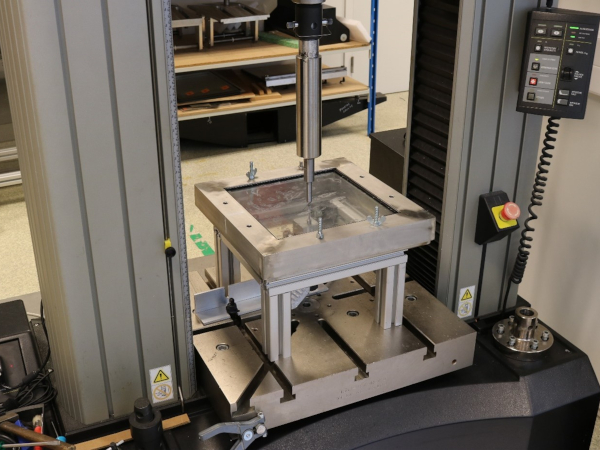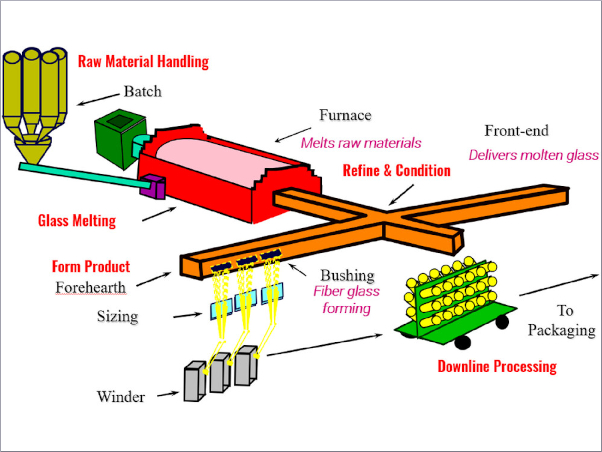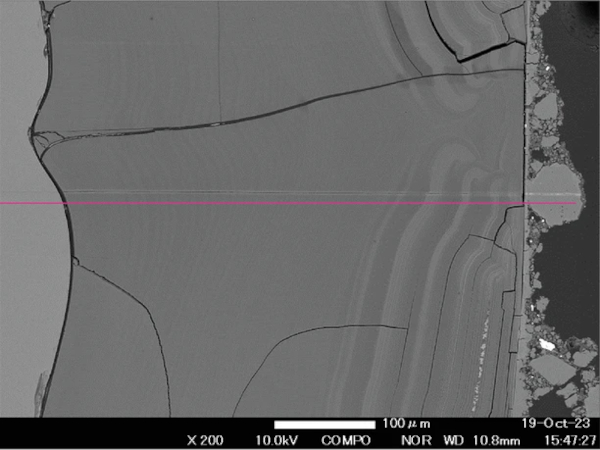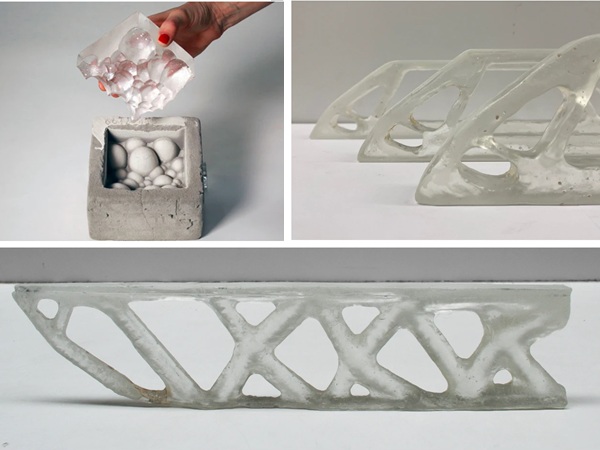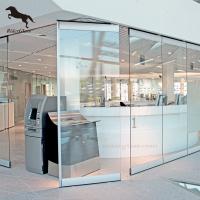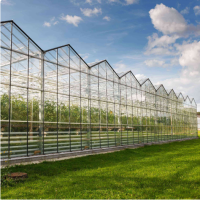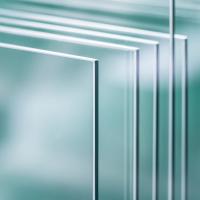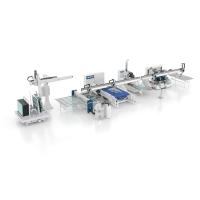Author: Pekka Lyytikainen | Glaston
Source: glastory.net
The demand for higher output quality and yield in flat glass tempering is rising quickly, yet at the same time, the availability of experienced operators is declining. This challenge has driven the development and adoption of innovative solutions like Autopilot. Autopilot is already proving to be a game-changer in the industry, although many manufacturers are still unaware this technology exists. Let’s explore the insights of some of the most forward-thinking glass processors worldwide who have already experienced its benefits firsthand.
Automation of the glass tempering process solves many of the critical challenges facing the industry today. Autopilot technology significantly reduces the need for manual input, making the machine itself responsible for setting the correct process parameters. The result is an efficient and repeatable production process that takes into account product specifications and factory requirements.
"A key benefit of Autopilot is its ability to maintain high-quality output regardless of the operator’s experience level. This is especially valuable in markets where skilled labor is scarce. With this innovative autopiloting technology, even new operators can manage the process with minimal training. The technology allows them to focus on supervision rather than learning hands-on control."
Seeing the difference / Awareness is key
A significant challenge to the adoption of Autopilot technology is lack of awareness of its existence and benefits. Some companies just don’t realize how different things can be with automation on board. Often companies get used to dealing with troubles over and over. It can be eye-opening to realize how different things could be.
Once companies experience Autopilot firsthand, however, their attitude changes radically. They say, “This is how it should have been from the very beginning! This is the future!”
"Autopilot clearly reveals how many issues stem from human error and limitations. Often these mistakes lead to losses reaching thousands of euros – or even hundreds of thousands, if machines are affected."
Autopilot mitigates these risks. When operators need only follow preset instructions, the overall process becomes significantly smoother and more efficient.
Feedback from early adopters
Autopilot technology has been deployed in companies around the world for some time now.
So far, responses from first users have been overwhelmingly positive.
In Poland, Bojar Glass has run its tempering line with Autopilot since 2021. The company values how automation enhances their production control, work efficiency and employee safety. Krzysztof Harasimowicz, Managing Director at Bojar, comments: “The benefits Autopilot brings to Bojar are huge. Firstly, it’s very intuitive and simplifies the work of our operators. Regardless of their experience, we can improve quality without losing efficiency. Plus, it’s now possible to quickly train a new employee to the operator’s position. According to our operators, work has become nicer and less stressful. Autopilot enables us to produce a product we feel proud of – with high quality every time.”
This experience is echoed by many others who have integrated Autopilot into their operations.
Tryba Industrie, one of the largest window manufacturers in France, implemented the Autopilot system in 2023. After six months of operation, Jerome Oberle, Tryba’s Project Manager, shared his experience: “Due to increased energy prices, we have switched to working night shifts with only inexperienced operators. With Autopilot, they have been operating the furnace alone, with minimal training. They don’t need to worry about the process settings. And there have been no problems with quality or productivity. I couldn’t be happier with the results.”
Getting the same performance without automation would have been nearly impossible, as new operators must be trained for weeks, if not months.
The first company on the Balkan Peninsula to use the system, Baros Vision, also reports a substantial boost in competitiveness and customer satisfaction after implementing Autopilot in 2023. The only glass railing manufacturer in Bulgaria, Baros Vision ventured into tempered glass production just recently due to dissatisfaction with the quality and reliability of the glass supplied to them by the market. By adopting Autopilot technology from the start, the Baros team was able to tap into new business swiftly – without the need for extensive operator training.
In 2024, Delta Glass in Romania also upgraded to a new tempering line equipped with Autopilot. According to Delta, the solution eliminated the need for experienced operators or even training new ones to run the modern machinery. They noted that the transition was a breeze. As a result, over 15 different glass types are now fully automated at Delta, and they are producing top quality from day one.
What’s next?
These customer reports underscore that the Autopilot system is not just another technological gimmick but a real solution to many issues in the glass tempering industry today. The more glass processors embrace automation technologies like Autopilot, the greater customer and employee satisfaction will be achieved – ultimately raising industry standards.

